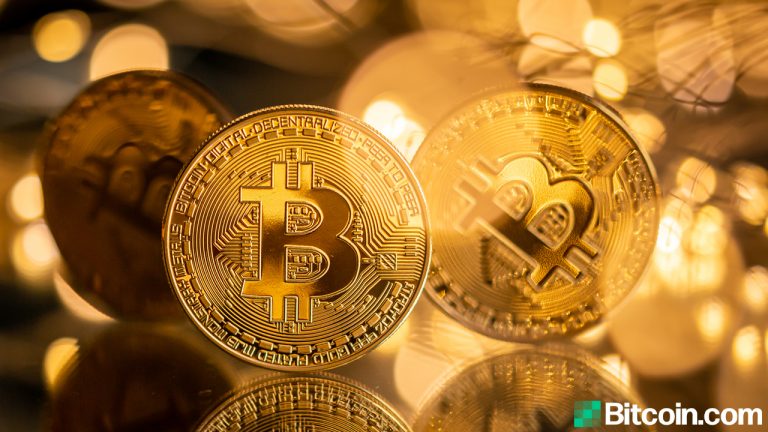Sale of MTI Bitcoins in South Africa Briefly Wipes out Premium Buyers
Publikováno: 22.4.2021
 The premium or arbitrage gap on bitcoin in South Africa recently turned negative following the offloading of coins worth over $75 million by liquidators of MTI. As a result of the temporary supply glut, buying bitcoins on local South African exchanges briefly became cheaper than buying on overseas exchanges. The Impact of the MTI Liquidators’ […]
The premium or arbitrage gap on bitcoin in South Africa recently turned negative following the offloading of coins worth over $75 million by liquidators of MTI. As a result of the temporary supply glut, buying bitcoins on local South African exchanges briefly became cheaper than buying on overseas exchanges. The Impact of the MTI Liquidators’ […]

The premium or arbitrage gap on bitcoin in South Africa recently turned negative following the offloading of coins worth over $75 million by liquidators of MTI. As a result of the temporary supply glut, buying bitcoins on local South African exchanges briefly became cheaper than buying on overseas exchanges.
The Impact of the MTI Liquidators’ BTC Sales
However, following the conclusion of the liquidators’ sale nearly two weeks ago, the arbitrage gap has now turned positive. As one South African media report notes, the premium of BTC has now recovered and was hovering between 4.8% and 6.5% on April 20.
Meanwhile, the same report also quotes, Jon Ovadia, the CEO of a crypto start-up Ovex, explaining why BTC is usually sold at a premium in South Africa. He said:
What we have seen is that crypto arbitrage gaps appear in those countries that have foreign exchange controls, such as South Africa. This of course impacts the demand for hard currency assets, such as bitcoin.
The CEO also discusses the principal factors that determine the size or the extent of fluctuations in the arbitrage gap. For instance, Ovadia states that when the bitcoin price in US dollars falls, “the arbitrage gap tends to rise as there is a lag in the South African rand price of bitcoin.” The other key factors influencing the size of the gap include the massive money printing by central banks as well as the BTC’s bull run.
Bitcoin Premium and Exchange Controls
In the meantime, Ovadia’s assertion that BTC is largely sold at a premium in countries that have stringent exchange controls appears to be validated by the top crypto’s price range in certain countries.
For instance, Bitcoin.com News reported in February 2021 that the premium on BTC surged to more than 40% in Nigeria after the country’s central bank imposed restrictions on crypto trading. Nigeria, just like many of its peers across the African continent, has faced shortages in foreign exchange since the start of Covid-19 lockdowns. Consequently, the country has since introduced tough regulations that seek to conserve this scarce resource.
Similarly, Bitcoin.com News reported in early April that BTC was trading at a premium of 18% in South Korea. Just like South Africa, the Asian economic powerhouse has stringent exchange controls in place and this might explain the huge premium on BTC.
What else do you think causes BTC to trade at a premium? Tell us what you think in the comments section below.